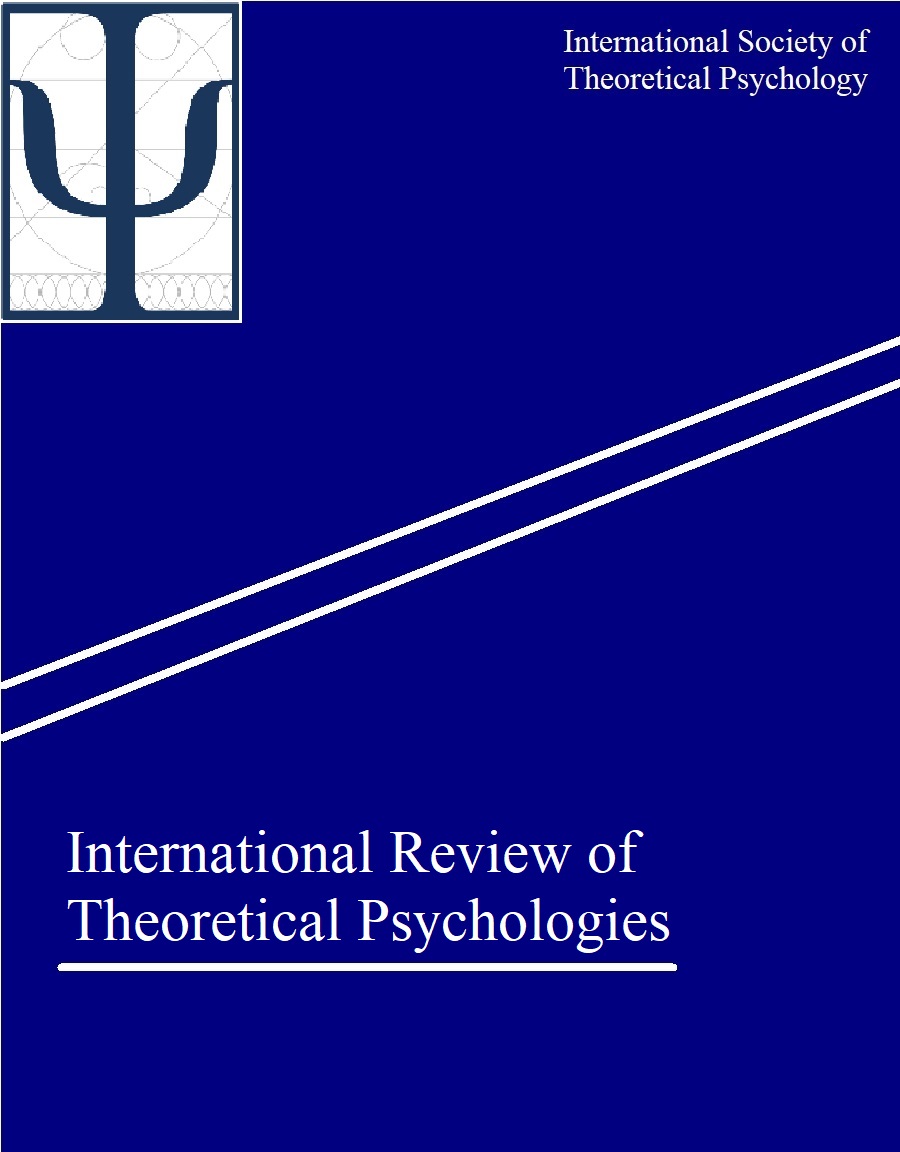Changing self in the digital age
The impact of digital technology on the self and person
DOI:
https://doi.org/10.7146/irtp.v1i2.127765Keywords:
Self, Person, Digital, Technology, JamesAbstract
This article integrates William James’ (1890) theoretical model of Self with contemporary theoretical discourse and recent research on the impact of digital technology upon the Self. An overview of James’ self-theory is presented and followed by a detailed review of contemporary publications on self in our increasingly digital world; organized around the Spiritual, Social and Material realms of James’ “Me”. This is followed by this author’s extension of James’ concept of “I” into contemporary discourse on the person in terms of authenticity, agency and power. It is shown that the “Spiritual Self” is reflected in technology as fragmented, decentred and dislocated while the “Social Self” has expanded into virtual communities; continuing to seek recognition from others, but in a magnified and accelerated fashion. A cultural shift has been identified towards one of simulation and surveillance. Transformations of the
“Material Self” in terms of physical bodies, interaction with the material world, and with material others, are presently observed. This author’s conceptual and theoretical exploration has also shown a corresponding loss of control and fracturing of the status of the person through the rise of surveillance and loss of personal rights that challenges the theoretical construct and everyday experience of persons.
Downloads
Published
How to Cite
Issue
Section
License
Copyright (c) 2021 Randal G. Tonks

This work is licensed under a Creative Commons Attribution-NonCommercial-ShareAlike 4.0 International License.
IRTP operates based on a non-exclusive publishing agreement, according to which the journal retains the right of first publication, but authors are free to subsequently publish their work. The copyright of all work rests with the author(s).
All content published in IRTP is licensed under a Creative Commons Attribution-NonCommercial-ShareAlike 4.0 International license (CC BY-NC-SA 4.0). This license allows authors and readers to share and adapt content for non-commercial purposes, provided that they abide by the following terms:
- Give credit to the original author(s)/creator(s) and attribution parties (i.e., IRTP);
- Provide a link to the original source, to the extent practicable;
- Include the copyright notice and/or indicate the corresponding Creative Commons license;
- Indicate what, if any, adaptations were made to the original; and
- Share adapted content under the same license as the original.
Authors are encouraged to familiarize themselves with the various Creative Commons licenses. Readers are advised to consult the licensing information embedded in each published work to ensure that they are familiar with the terms of use that apply.





